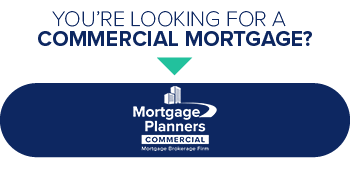
Fixed or variable: which is best for you?
Should you stick with the stability of a fixed mortgage rate or roll the dice with a variable?
It’s one of the most difficult decisions faced by new homebuyers and homeowners who are renewing or refinancing.
Let’s take a look at the options and weigh some of the advantages and disadvantages…
Fixed Rate
This option locks in your rate for the duration of the term, giving you peace of mind that your monthly mortgage payments are going to remain the same.
Thanks to the high demand for the five-year term, lenders are generally able to offer competitive rates, making them great value from a risk-assessment perspective. Plus, you don’t have to worry about your mortgage renewal for a full five years.
The downside is that fixed rates offer stability and peace of mind, but they may come at a higher price than variable rates. Depending on the term length, variable rates could drop below fixed rates again. However, this is uncertain and remains to be seen.
Variable Rate
A variable-rate mortgage is one where the interest rate fluctuates with prime rate, which is influenced by the Bank of Canada’s rate decisions eight times a year.
Aside from competitive rates, variable mortgages are also attractive for those who think they may need to break their contract before the term is up, since variables entail a prepayment penalty of just three months’ interest (vs. substantially higher fees for most fixed-rate products).
Variable rates do entail a higher degree of risk, however, since your interest rate can suddenly rise or fall depending on a host of economic and geopolitical factors.
If you’re not crazy about the idea of your monthly payments potentially changing over the course of your term, there are certain lenders that offer fixed-payment variable rates. In those cases, your monthly payment remains the same, while the amount that goes towards paying down your principal will fluctuate as rates rise or fall.
Option Three – The Hybrid
A little-known third option is what’s known as a “hybrid” or “50/50” mortgage, which entails part fixed rate and part variable.
This provides you with the best of both worlds—the stability of a fixed rate, but also the potential rate savings of a lower variable rate.
A hybrid mortgage is a great option for anyone having a hard time choosing between the two, and a great way to hedge your future rate expectation bets.
While only approximately 1 in 17 borrowers opt for a hybrid mortgage, according to MPC, it’s worth considering given today’s uncertain rate outlook of current interest rates and the gap between fixed and variable rates.
Let’s Make the Decision Together
Choosing the right mortgage can be daunting. But the good news is you don’t have to make it alone. Give us a call today and we’ll put our experience to work in helping you find the perfect solution!


